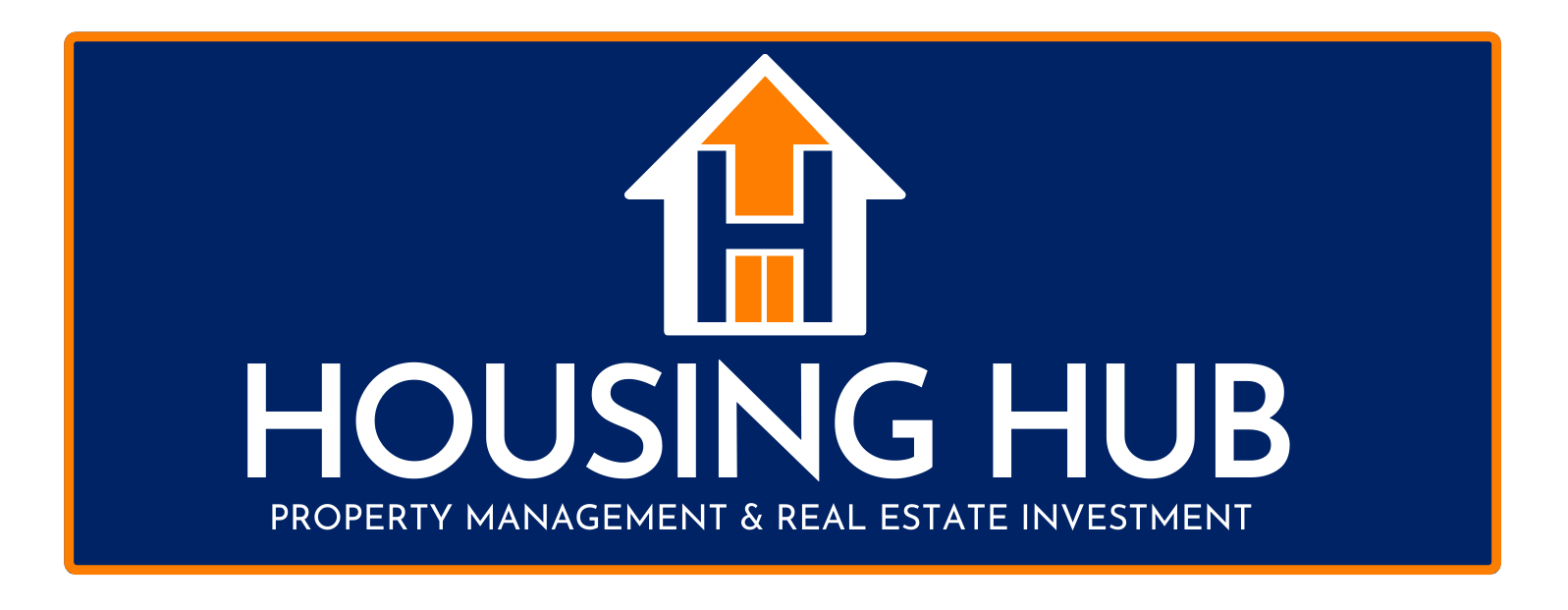Finding the Best Neighborhoods for Investment Properties
Choosing the right neighborhood for investment properties is crucial for maximizing your returns and ensuring long-term success. By understanding the dynamics of different neighborhoods, we can make more informed decisions and select areas that offer growth potential and stability. Whether you're a seasoned property owner or just starting in the real estate market, knowing what to look for in a neighborhood can give you a significant advantage.
Not all neighborhoods yield the same returns, so it's essential to pinpoint those with promising prospects. In this guide, we'll delve into the factors that make a neighborhood ideal for property investment, highlighting the top neighborhoods in St. Paul and Minneapolis, and discuss how to analyze market trends to support your investment decisions. Additionally, we'll explore how using local resources and insights can help you choose the best areas for your investment portfolio.
Key Factors to Consider When Choosing an Investment Neighborhood
Selecting the right neighborhood for property investment is essential for success. One important factor to consider is the local economy. Neighborhoods with strong job markets and diverse employment opportunities tend to attract more tenants. Check for nearby businesses, manufacturing plants, or tech hubs that could provide job stability and growth in the area.
Another key factor is the quality of the local schools. Good schools often make neighborhoods more desirable, especially for families. Researching school ratings and student performance can help gauge the long-term appeal of a neighborhood. Also, look at the crime rates; lower crime rates generally indicate a safer environment, which is attractive to potential tenants. Considering these factors helps ensure you're investing in a neighborhood with strong rental demand and growth potential.
Top Neighborhoods in St. Paul and Minneapolis for Property Investment
The Twin Cities area offers several neighborhoods that are ideal for property investment. In St. Paul, the Cathedral Hill neighborhood stands out for its historic charm and vibrant community. Known for its Victorian-era homes and close-knit community, this area attracts tenants looking for character and convenience. The proximity to downtown St. Paul and various amenities adds to its appeal.
Minneapolis also has prime investment opportunities. The North Loop neighborhood, for instance, has experienced significant revitalization. With trendy shops, restaurants, and excellent public transport, it draws a younger, dynamic crowd. Another popular area is the Longfellow neighborhood, known for its family-friendly atmosphere and beautiful parks. By exploring these top neighborhoods, you can find the right fit for your investment strategy and target tenant demographics.
Analyzing Market Trends to Make Informed Investment Decisions
Understanding market trends is crucial for making sound investment decisions. Start by examining property value trends in the area you've targeted. Are property values increasing, staying steady, or declining? Rising property values indicate a growing and desirable neighborhood, while stagnant or falling values could signal potential issues.
Rental market trends are equally important. Look at rental rates over the past few years and see if they have been increasing. Consistent rental growth suggests strong demand and a healthy rental market. It's also helpful to check vacancy rates; lower vacancy rates generally mean higher demand, and higher demand can lead to more stable rental income. By carefully analyzing these trends, we can make informed decisions that maximize our investment returns.
Utilizing Local Resources and Insights for Optimal Neighborhood Selection
Local resources can provide invaluable insights when selecting neighborhoods for investment. Agents, like the pros at Housing Hub, can offer firsthand information about upcoming developments, new businesses, or changes in community dynamics that might influence property values.
Community meetings and local government websites can also be excellent sources of information. These resources often provide updates on infrastructure projects, changes in zoning laws, and other factors that can impact neighborhood attractiveness. Additionally, engaging with current residents through online forums or local events can give us a clearer picture of the neighborhood's vibe and potential challenges. Utilizing these resources helps us make well-rounded and informed decisions about where to invest.
Choosing the right neighborhood for property investment in the Twin Cities requires careful consideration of various factors. From understanding market trends to tapping into local resources, each step plays a crucial role in maximizing returns and ensuring long-term success. By investing the time to research and analyze before making a decision, we can secure properties that provide steady income and appreciate in value.
At Housing Hub, we specialize in helping property owners navigate these decisions with confidence. Whether you're new to property investment or expanding your portfolio, our expertise in
property management services can guide you to optimal neighborhood choices. Contact Housing Hub today to learn how we can assist you in making the best investments for your future.
You might also like
Blog






